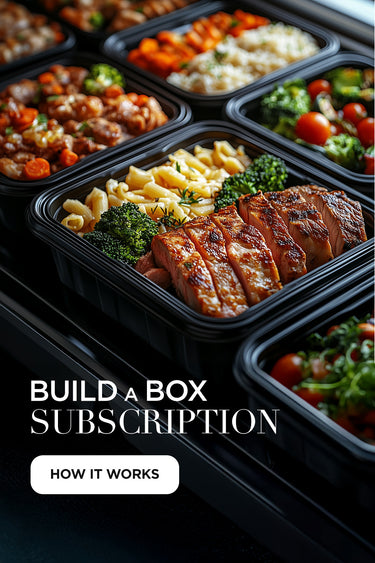Realistic Weight Loss Goals: What You Can Expect Week to Week

If you're working toward weight loss, it’s natural to want progress fast. But setting expectations that don’t match how the body works can cause more harm than help. What you can realistically expect week to week will depend on your starting point, habits, and even what else is happening in your life.
Progress is possible, but it needs to be sustainable. Here’s what you should know before stepping on the scale.
Why Realistic Goals Matter
It is easy to feel impatient when change is slow. But when expectations are too high, even solid progress can feel like failure. That is when motivation drops off and old habits return.
Helps You Stay Consistent
Consistency builds results. Setting goals that match what the body can actually do helps you stay on track longer. You will be more likely to build habits you can repeat instead of chasing something you can only maintain for a few weeks.
Reduces Frustration and Burnout
Unrealistic goals create pressure that wears people down. Eating too little, overtraining, or stressing about every pound can lead to burnout. A slower, steady pace gives your body time to adjust without that constant mental strain.
What Is Considered a Safe and Sustainable Rate of Weight Loss
Not everyone will lose weight at the same pace. The number on the scale is only one part of the picture, and expecting it to drop the same amount every week is not realistic.
General Guidelines
A safe and sustainable range is typically between 0.5 to 2 pounds per week.
Where you fall in that range depends on:
-
Your starting weight
-
Your calorie intake and activity level
-
Your sleep and stress levels
-
Your body’s natural response to change
Someone with more to lose might see quicker drops early on. Others may notice slower progress but more changes in energy, strength, or inches lost.
What Influences Weight Changes Week to Week
Even when you are consistent, the scale may not move the way you expect. That does not mean the plan is not working. It just means the body is adjusting in more ways than one.
Water Retention
Changes in salt intake, workouts, sleep, and hormone cycles can all cause the body to hold on to extra water. That can mask fat loss on the scale for several days or even weeks.
Hormones
For many people, hormone shifts across the month can cause natural weight fluctuations. This can lead to sudden increases that have nothing to do with fat gain.
Muscle Gain
If you are eating better and moving more, you may be gaining lean muscle while losing fat. Muscle is denser than fat, so even when you look and feel leaner, the scale might not reflect that right away.
Weight loss is not always linear. Your weight may stall or jump even when progress is happening in other areas.
Better Ways to Measure Progress
The number on the scale is easy to track, but it is not always the best tool. Relying on it alone can leave you frustrated or make you miss signs that your routine is actually working.
Pay Attention to How You Feel
-
Are you sleeping better?
-
Do your clothes fit differently?
-
Is your energy more stable throughout the day?
-
Are workouts getting easier?
-
Do you feel more in control of your eating?
These are all signs of positive change that the scale might not show.
Take Progress Photos
Photos taken once every two to four weeks can reveal changes that you do not notice in the mirror day to day. Wear the same clothes, stand in the same lighting, and track visually instead of relying on numbers alone.
Track Habits, Not Just Outcomes
Focus on things you can control:
-
Did you eat protein with each meal?
-
Did you prep food ahead this week?
-
Did you move your body four times this week?
-
Did you drink enough water?
These behaviors create the results. The more consistent you are with them, the more likely your body will respond over time.
Set Goals That Match Your Life
Realistic goals make your routine easier to follow. You are not racing against a deadline. You are learning what works and what you can stick with.
Ask yourself:
-
What changes can I maintain this month?
-
What is one thing I can improve this week?
-
Am I chasing a number or building something sustainable?
Give yourself permission to move at your own pace. Some weeks will feel fast. Others will not. That is normal.
You are building momentum, not chasing a finish line.
Make It Easier to Stay Consistent
Most people do not struggle because they are lazy. They struggle because their routine takes too much time, energy, or planning. Simplifying your meals can help you focus on better habits without starting over every week.
FitEats meals are designed to support steady, realistic progress. You get fresh, ready-to-eat meals built with real ingredients and balanced portions. No cooking required. Just consistency.
Explore the Pickup and Delivery Menu or learn how it works to start building your week around meals that support your goals.

